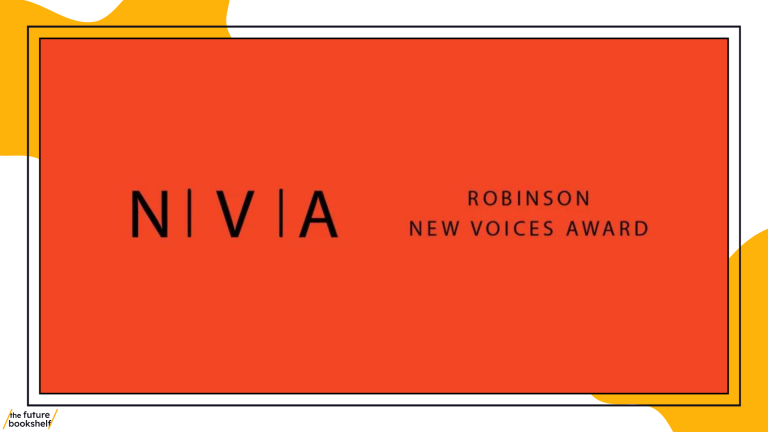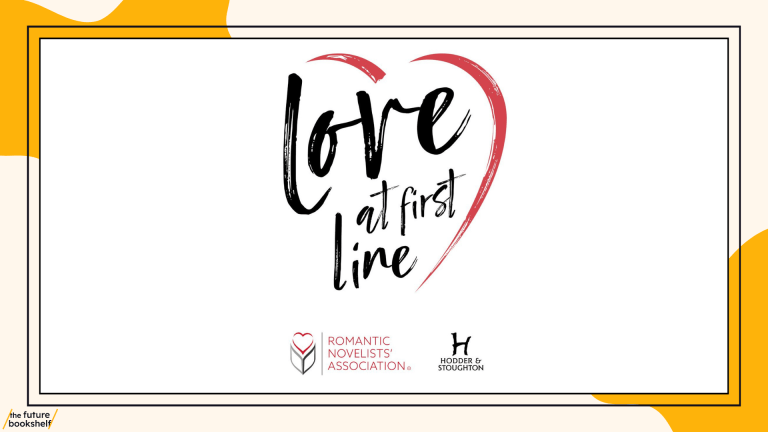‘Let your characters speak; they will tell you things about themselves’

Choose names carefully; they can add another layer of significance to your story
from Masterclass: Writing Plays by Lesley Bown & Ann Gawthorpe
Names carry great significance and your choice of names for your characters can have profound implications for your story. Samuel Beckett asserted consistently that his unseen character Godot was not named after and did not stand for God, but to his apparent irritation commentators have regularly suggested that this was the case.
Names say something about the age, class and nationality of a character. The rules of cliché apply here, and as usual they can work both for you and against you. An audience will assume that any character called Kylie will probably have been born in the 1980s and without a silver spoon in their mouth, or that a Gertrude was born before the Second World War. Names like this can be used to quickly convey information about a character, but if they are too obviously clichéd they can predispose the audience to decide against your play when they read the cast list in the programme, and before the curtains even open.
On the other hand, you can work against the cliché, so that your Kylie grows up to be a high-flying career girl who hides her name behind an enigmatic initial, or your Gertrude is a young fashionable woman named after her great-aunt.
Names, of course, all have histories and meanings, and it is worth knowing what these are. Kylie is alleged to be an Aborigine word for boomerang, whereas Gertrude is Germanic and means ‘strong spear’. These meanings could be used to underline or contrast the characters that bear the names. While few people will be consciously aware of these meanings, they still add another layer of significance to your text.
Names also carry cultural significance. It is many years since Winston Churchill died, but naming a character Winston will instantly associate him with Churchill in some way.
Names can be used to indicate a character’s temperament. Someone named Jim sounds as if he would be an honest, reliable citizen while Marigold sounds as if she would be flighty.
Key idea
Once you have named your characters, remember that other characters may well use shortened versions, nicknames and endearments, all of which can be used to imply the nature of their relationship and the current state of play between them.
Don’t forget surnames. It may seem far too obvious to call a murderer Mr Carver or a lover Mr Heart, but in fact many writers use surnames to underline characteristics. Sometimes just changing the spelling – Karver or Hart – is enough to take the edge off the obviousness while still retaining an echo of the meaning.
In Death of a Salesman, Arthur Miller called his salesman Loman (Low-man), as a straightforward way of indicating the man’s true status. In our comedy Whatever You Want, Margaret calls her husband Ray some of the time, but mostly she calls him Raymond, a sure sign that he is in trouble. And we chose Dilys’s name purely because of the assonance with silly.





